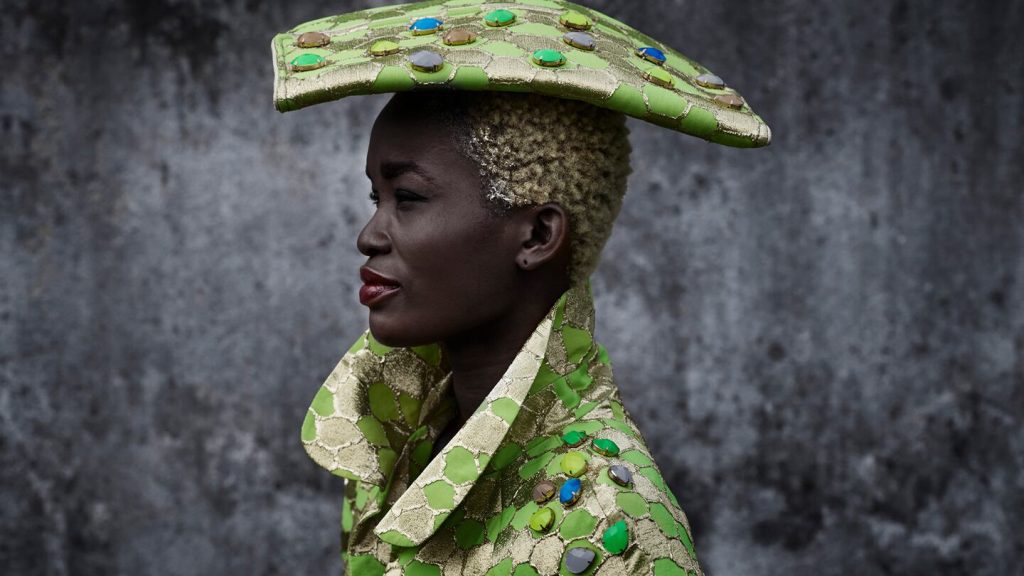The fashion industry in Côte d’Ivoire has grown remarkably, blending traditional aesthetics with modern trends. The country’s designers are receiving international recognition, and Abidjan, the capital, is positioning itself as a hub for African fashion. From runway shows to high-profile collaborations, Côte d’Ivoire’s fashion is making waves across Africa and beyond.
Fashion Roots in Tradition: The Power of Kente and Bazin
Traditional clothing forms an essential part of Ivorian identity. Fabrics such as Kente, originally from neighboring Ghana but widely used in Côte d’Ivoire, and Bazin, a polished cotton fabric, are cornerstones of traditional attire. These fabrics are often worn during cultural celebrations, weddings, and ceremonies.
Designers like Pathé’O, known for creating garments for former South African President Nelson Mandela, have elevated traditional Ivorian fabrics to global platforms. His unique use of color and fabric demonstrates how Ivorian culture can blend with contemporary styles to appeal to a wider audience.
The Rise of Abidjan Fashion Week and Emerging Designers
Abidjan Fashion Week is a key event that has placed Côte d’Ivoire on the global fashion map. The annual event draws designers, models, and fashion enthusiasts from across Africa and Europe. Designers such as Lamine Kouyaté, founder of the fashion brand Xuly Bët, have showcased Ivorian talent on runways in Paris Fashion Week, gaining international acclaim.
Emerging designers, such as Loza Maléombho, are also redefining the fashion landscape by fusing African textiles with modern silhouettes. Loza’s designs, seen on celebrities like Beyoncé, exemplify the growing influence of Ivorian fashion on the global stage.
Challenges in the Fashion Industry
Despite its growth, the Ivorian fashion industry faces challenges. Access to quality fabrics can be difficult for small designers, and infrastructure limitations such as lack of textile factories hinder the local production of high-end clothing. Moreover, the industry struggles with limited government support, forcing many designers to seek sponsorship from international organizations.
However, fashion cooperatives and initiatives such as the Ivorian Chamber of Fashion are working to address these challenges. They provide mentorship, funding, and business training to young designers, enabling them to sustain their careers and grow their businesses.
Global Collaborations and Future Prospects
International collaborations are opening new doors for Ivorian fashion. Brands like Vlisco, known for its African print fabrics, have partnered with Ivorian designers to promote African textile art globally. Additionally, online platforms such as Afrikrea, dubbed the “African Etsy,” allow Ivorian fashion designers to sell their products internationally.
Conclusion
Côte d’Ivoire’s fashion industry is a vibrant blend of tradition and innovation, reflecting the country’s cultural heritage while embracing modern trends. With increasing global visibility and local initiatives to overcome challenges, Ivorian fashion is poised for further growth. As more designers gain recognition on international stages, Côte d’Ivoire is cementing its place as a leader in African fashion.





















